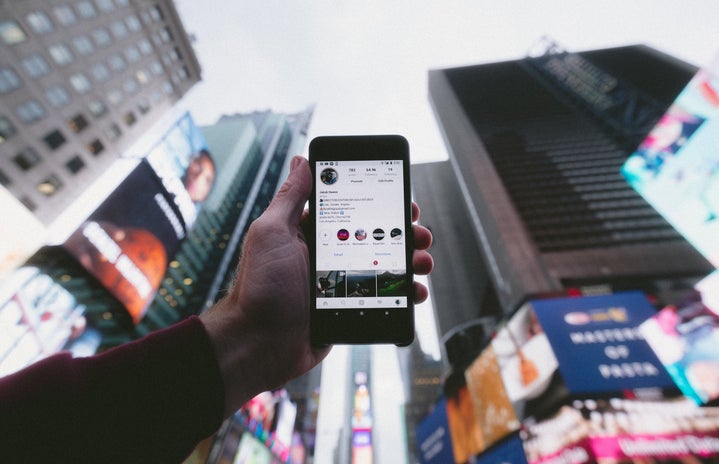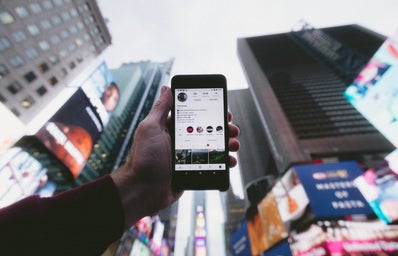It is widely known that delivery apps, such as iFood, Uber Eats and Rappi have had an immense growth in the last years and are increasingly becoming more popular. However, it is indispensable to acknowledge the perverse ways in which this was possible, as well as the consequences of this phenomenon.
There is no secret in how these companies operate: they invest millions in advertisement and technology in order to reach out to the highest number of people, then, they establish agreements that will only benefit them, and, at last, they underpay their workers that are claimed to be partners. So, there are no legal issues to be solved, that is, they are free from respecting labor laws.
Concerning this matter, grocery stores also suffer negative impacts from delivery apps, especially the smaller ones, that can not compete in any way with huge multinationals.
- The Pandemic
-
Although most people prefer going to the grocery stores to buy their food, lately, due to the pandemic of Covid-19, many were unable to do so, either because they were older and part of the risk group, feared getting ill, or just simply did not want to leave the house.
As it can be imagined this change of habits brought new obstacles to grocery stores owners. They had to let iFood, Uber Eats and more services like that interfere in their business when associating themselves to these platforms. So, they needed to accept conditions that are, at many times, unfair and only beneficial to one side, which is not theirs, clearly. Moreover, for smaller owners and grocery stores employees the consequences are even more negative. Due to the fact that they, respectively, can not afford the lack of profit they have with what is being sold on the delivery apps, they’re more likely to lose their jobs as less people come to the stores to buy food and instead, do it online.
- Grocery Stores X Delivery Apps
-
The reason why it is extremely difficult to compete with delivery apps prices is the developed algorithm these companies use. That shows people only the best offerts, food that is impressively cheap!
On the one hand, for the customer, it is comfortable to pay so little and receive good food at home, but on the other hand not only the grocery stores owners and employees are impacted intensely, evidently in a non positive manner, but also the people whose work consists in delivering. There is a tremendous social irresponsibility in the way these billionaire multinationals work in their policy. Firstly, there is no acknowledgment of their employees for what they are. In total opposition, the companies consider them as small entrepreneurs, partners, and try to spread the false idea that they offer incredible work opportunities, when in reality, they are taking advantage of economic crises and the elevated unemployment rates.
In addition, companies like iFood and Uber Eats gather the most advanced technology with the roots of capitalism. The oldest and most traditional manifestation of it is: widespread exploitation and, as a result, wealthy and powerful monopolies. The ones that suffer the most from this are the delivering people. Due to the fact that they are submitted to life risks while working, as they can, for example, get into traffic accidents, and also, they are paid so little and work many more hours than they should.
However, it is wrong to assume that the economy does not react negatively as well. With the non-stop growth of these billionaire companies that rates of informal jobs simultaneously get higher, the power and profit becomes largely centered.
- The “Modern Slavery”
-
Finally, to break this cycle, all workers, especially the ones that are associated with delivery apps, must unite and pressure their representatives, even though many of them choose to ignore what is happening and proudly support the lack of work legislation. Billionaire multinations can not keep stopping grocery stores from profiting and actually employing people by giving them rights and safe work conditions, instead of putting them on a system that is being called by sociologists “modern slavery”.
—————————————————————–
The article above was edited by Lívia Carvalho.
Liked this type of content? Check Her Campus Casper Libero home page for more!


